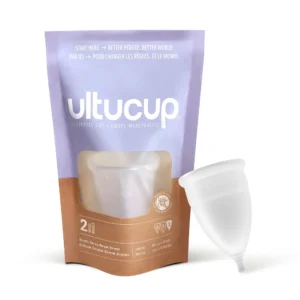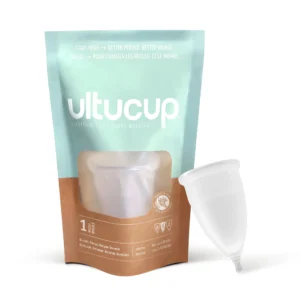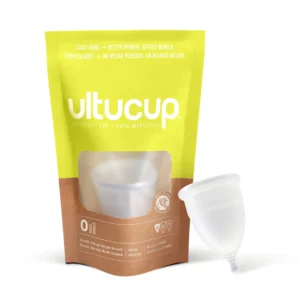Your cart is currently empty!
There are many options on the market for period products, options that can leave one unsure as to what products are the best fit for one’s health and the environment. Single use disposable products are marketed as the most convenient option …. But are they the best for your body and the environment?
Every month, roughly 1.8 billion people across the world menstruate. That is a lot of disposable menstrual products going into landfill around the world. The environmental impact of these products is overwhelming!
Landfill, Waste & Microplastics
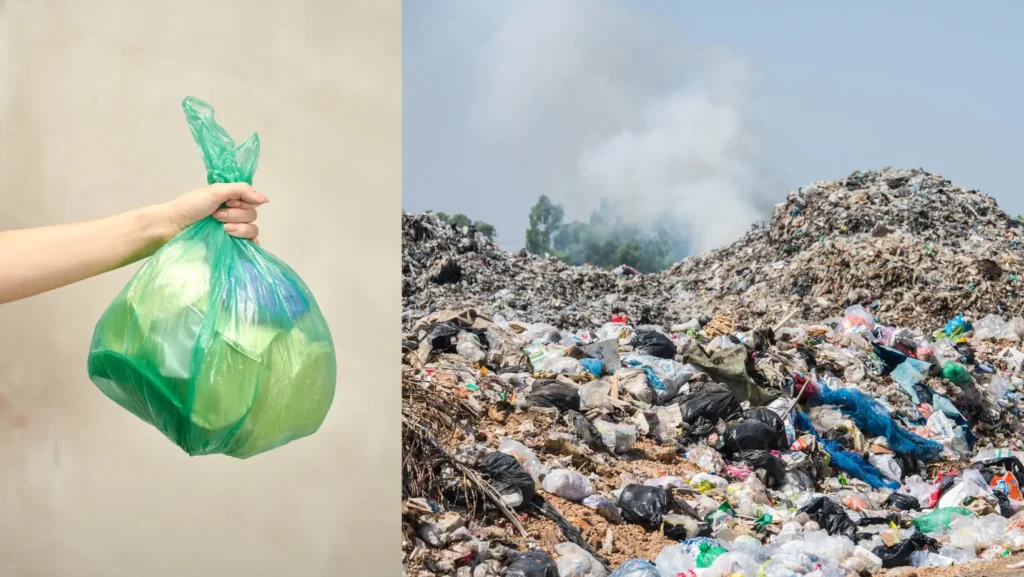
Single use products are filling our landfill at an alarming rate and disposable menstrual products are certainly having an impact. In Europe alone, 49 billion single-use period products are used every year. In the US, it’s about 20 billion discarded each year, generating 240,000 tonnes of solid waste. Globally, disposable sanitary pads – which can contain up to 90% plastic and end up largely in landfill – are the most commonly used menstrual product. Both disposable pads and tampons, along with their packaging and applicators, contain plastics. These plastics break down into microplastics which then find their way into the world’s waterways. As plastic takes hundreds of years to degrade, that means that EVERY single disposable menstrual product is still in our landfills or waterways. Think on that for a minute!
Menstrual health and hygiene are intricately linked to environmental issues, climate change and sustainability. Primarily, the prevalent use of non-recyclable and non-biodegradable disposable menstrual products, like sanitary pads and tampons, harms the environment. Their lifecycle pollutes water bodies and landfills, leading to microplastics and other environmental and health hazards.
Reusable Menstrual Options
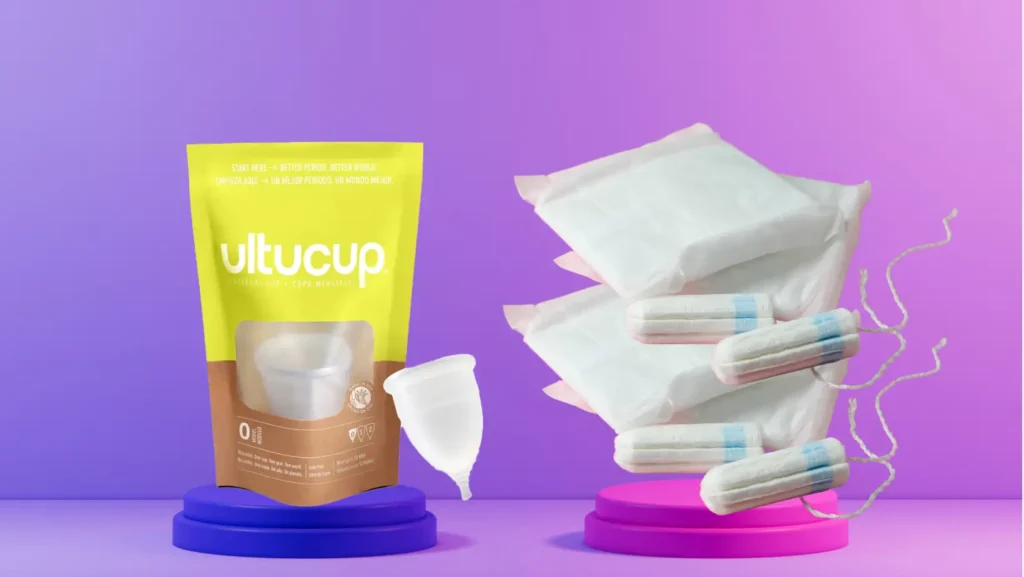
What then is a better option for people who menstruate and our environment? What products are less of a burden on our world, while offering healthier options for users? The answer is reusable menstrual products. Period.
Menstrual cups are a great option to a more environmentally friendly period product. The reusable menstrual cup has been estimated to have the lowest impact on the environment by far, especially for waste. They significantly reduce landfill waste, have a lower footprint on the environment, and definitely are more cost-effective over time. A menstrual cup can pay for itself after 3 months and you only have to use it for a month before it breaks even on its carbon footprint.
Reproductive Health & Disposable Menstrual Products
Many disposable menstrual products also have a negative impact on one’s reproductive health due to the assorted chemicals and toxins used in their production. Many pads are bleached, giving them their white and “clean” appearance, contain phthalates, VOCs (volatile organic compounds) and PFAs (forever chemicals). Many of these chemicals are known to cause or are connected to hormonal disruptions, reproductive health issues, certain cancers, and decreased fertility to name a few extremely concerning side effects.
A recent study also shows that several brands of tampons contain heavy metals and toxins including mercury, lead, and arsenic. As the skin of the vagina is highly absorbent, the obvious concern is the ongoing exposure to these chemicals through one’s menstrual journey.
Think Before Using……
We need to think about what we put into our bodies and the earth. We have options available that are more sustainable, environmentally friendly, healthier, cost-effective and free from toxins.
Final Thoughts: Be Part of the Change
The environmental and health consequences of single-use menstrual products can no longer be ignored. Switching from single use, disposable menstrual products have many benefits, for both you and our environment. Make the switch and be a champion of change!
Ready to make the change?
Shop our menstrual cups now
Frequently Asked Questions
Yes, they drastically reduce plastic waste and are reusable for years, making them a sustainable option.
Menstrual cups can last from 2-10 years. It depends on a number of things such as how often the cup is used, how long it is worn for, how well it is cared for and even your body’s pH levels.
Yes! The addition of bleach, toxins, and heavy metals to many disposable period products can lead to a variety of health risks that may include irritation, endocrine disruption, and infections.
#menstrual cups #menstruation #removestigma #safersex #STIs #ultucup allergy birth control condom condoms consent condoms corona covid covid-19 custom condoms dam dental dam Epidemic female condom feminine hygiene gonorrhea health history latex latex free lube marketing media oral barrier pandemic polyisoprene redribbon RUBBER safer sex sex sexual health sexualhealth sexuality sexual wellness sexualwellness shame & stigma silicone sti STIs syphilis
Search the website
Categories
- Condoms (8)
- Female Condoms (2)
- General (18)
- Latex Allergy (2)
- Lubricants (1)
- Menstruation (4)
- Newsletter (1)
- Oral Barriers/Dams (4)
- Sexual Health (3)
- STIs (16)
- Uncategorized (1)
